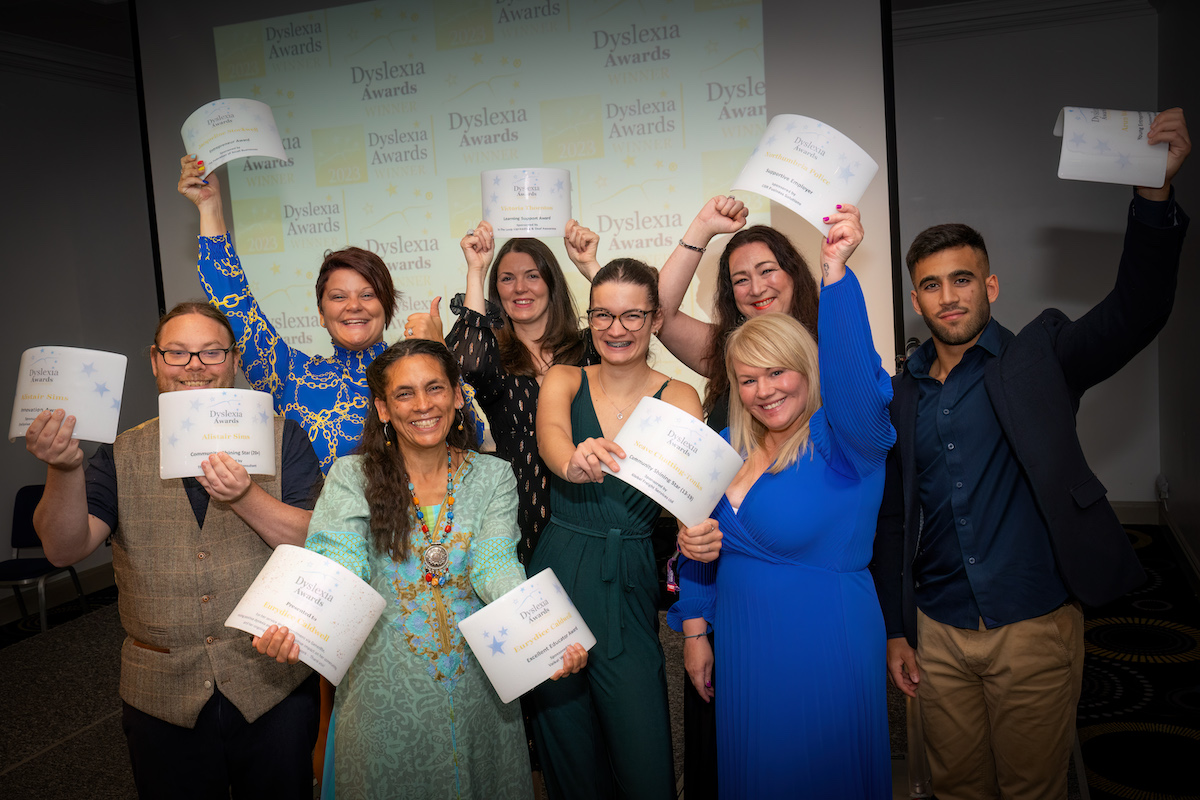How Can Barriers to Social Mobility be Removed?

How do you define social mobility and why does it matter? How can educational and work opportunities be better integrated to improve social mobility in the UK?
These are some of the questions the cross-party House of Lords Social Mobility Policy Committee, a House of Lords committee which I chair, needs your help answering.
Background
The last in-depth inquiry into social mobility undertaken by any parliamentary committee was also a Lords committee, which focused on young people ‘in the middle’ in terms of achievement. That report’s findings, published in 2016, centred around young people being insufficiently prepared for the world of work, the unfairness between academic and vocational routes to work, greater clarity needed in careers advice and guidance and more coherence in Government policy governing the transition of young people into the workplace.
Current Context
Since that report in 2016, we have seen the introduction of T Levels, been through a once in a century pandemic and seen discussions about ‘levelling up’ educational and work opportunities. It is too early to examine the long-term effects of all these factors on young people and communities. What has been alarmingly clear over the past year is the rise of the number of young people who are not in education, employment or training (NEETs). An estimated 13.4% of people aged between 16 and 24 group in the UK now fall into that category, a rise from under 10% in early 2021.
Our Inquiry Focus
For our inquiry, the committee has therefore decided to focus on four key areas: ways of encouraging NEETs into employment or training; the work of regional partnerships in this regard and in supporting students in their transition into work; support for 16-18 year olds moving into the labour market; and what data exists and how trends are measured.
Evidence Collection
Throughout the inquiry, the committee will be taking oral evidence from a range of witnesses, including:
Industry experts, further and higher education institutions, training providers, employers, academics, policy groups, charities, Government Ministers and, most importantly, the students and young people themselves. We will also be visiting and talking to those involved in local partnerships to see best practice in those areas in progress.
Key Insights So Far
The committee has already heard about the ‘importance of place’ in reducing barriers to social mobility. It is clear that further education providers play a vital role locally, not only through their role in education and training, but also as a key link between employers, community groups, schools, universities, local authorities and job centres. They are one of the most crucial players in their communities and regions.
We are also well aware that there will not be a one fix solution to reducing barriers to social mobility. Each town, city and region has its own history, culture, transport infrastructure and industrial landscape which need to be taken into consideration when formulating strategies.
Call for Evidence
That is why the committee needs your help. We want to find out how your college and community partners are working with young people from different socio-economic and ethnic backgrounds. Evidencing your views and experience in our report will help to ensure we can make impactful recommendations to the Government that will help young people receive the guidance, support and access to opportunities required to fulfil their potential.
Timeline
The list of questions, plus details of how to submit evidence by the deadline of Monday 28 April can be found on the committee’s website. The committee will publish its findings and recommendations to Government by the end of November 2025, with a Government response and debate in the House of Lords expected in 2026.
By Baroness Manningham-Buller, the Chair of the House of Lords special inquiry, Social Mobility Policy Committee












Responses